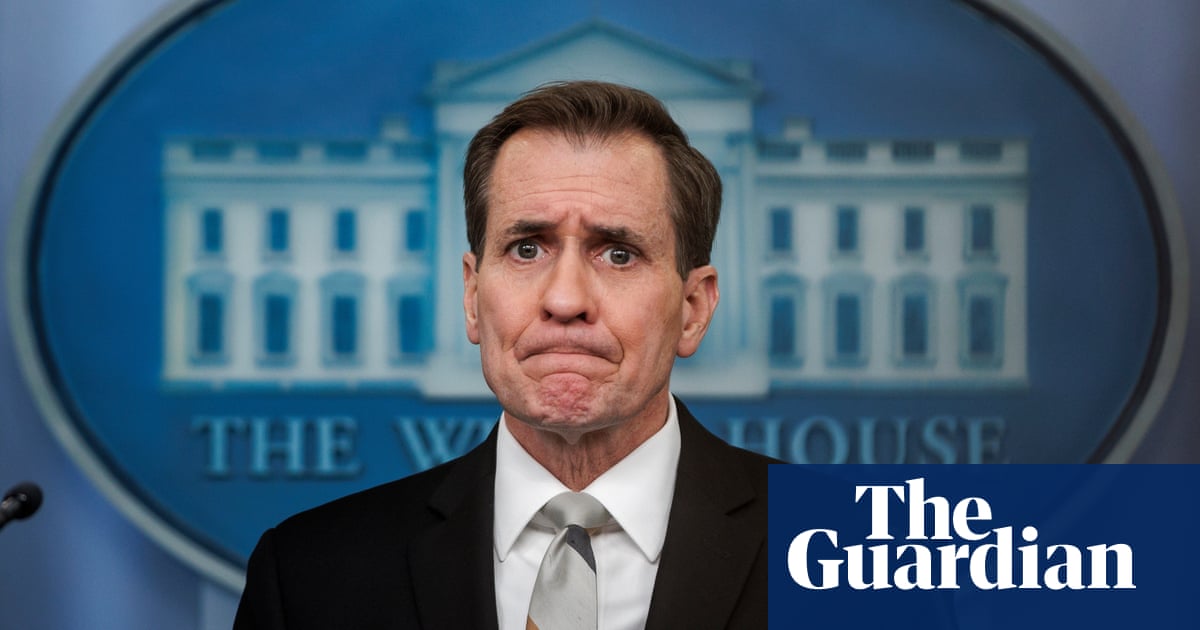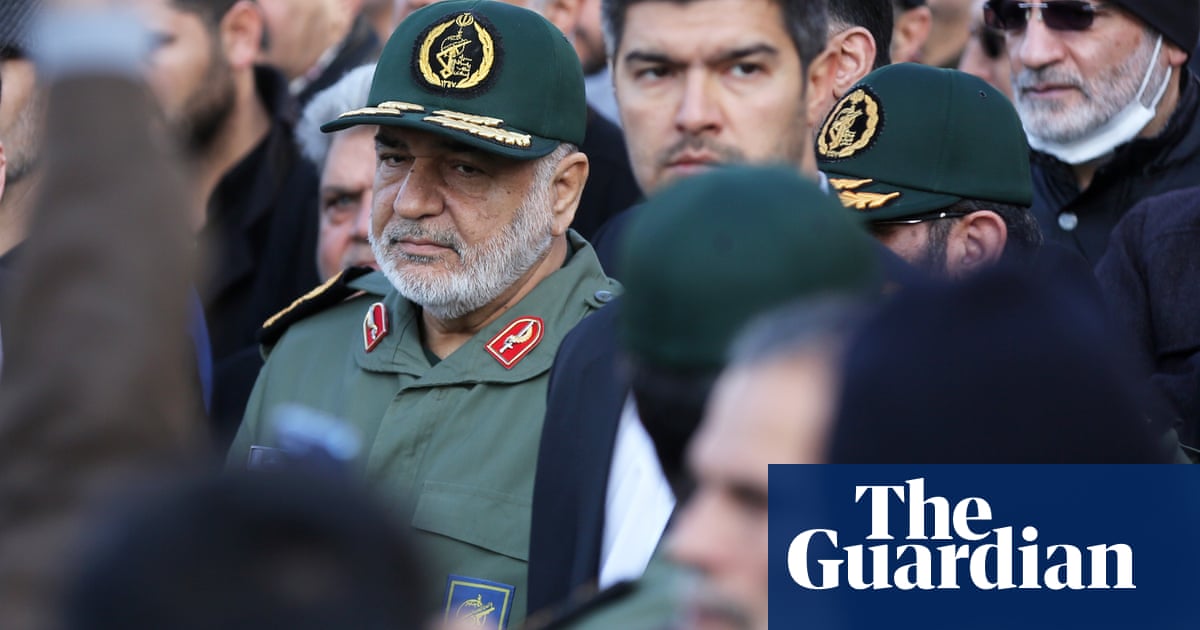
The US-Turkey relationship has taken a sharp turn for the worse this summer. Just over a month ago, President Donald Trump fist-bumped Turkish President Recep Tayyip Erdogan and commended Turkey for contributing its share to the NATO defense budget. Now the two countries may be as far apart as they have been since the end of World War I 100 years ago.
From the US perspective, the driving concern is Turkey’s detention of the American pastor, Andrew Brunson. Turkey has held Brunson since October 2016, when Erdogan’s forces purged the country of any opposition or suspected parties following an alleged failed coup. The Turkish government arrested military officers, academics, journalists, bureaucrats and others. Among those arrested were some foreigners, including Brunson. He had lived in Turkey for more than 20 years at the time and was seeking to become a permanent resident. Other American citizens arrested in Turkey include a NASA physicist and a chemistry professor.
The arrests of Brunson and others occurred before Trump was elected. The following year, Turkey offered to release Brunson in exchange for Fethullah Gulen, an Islamic preacher who lives in the US. Gulen and Erdogan were once political allies, but Erdogan now presents Gulen as a main political opponent and a threat to the Turkish government. From an American perspective, it was absurd for anyone in Turkey to think the US would exchange an American resident for a citizen. The US government would not arrest someone simply to appease the Turkish leader’s political concerns.
After growing pressure from the US, Turkey did release Brunson to house arrest on July 25, but that did not satisfy the American calls for his freedom. The following day, Vice President Mike Pence warned that Turkey would face significant sanctions if Erdogan did not release Brunson completely. Trump doubled steel and aluminum tariffs on Turkey. In the ensuing month, tensions have continued to rise.
Facing the economic ire of the US, Turkey’s currency, the lira, has plummeted in value. It was already suffering before Pence’s demand and the increased American tariffs, but then it dropped even more. A year ago, one lira was worth about 30 American cents. Before Pence’s statement it was worth about 20 cents. In the following weeks, it dropped another 30 percent. Now it is worth about 16 cents. This could be catastrophic for the Turkish economy.
Erdogan is using the US as a foil to demonstrate his own toughness to the people of Turkey, but the recent crises are not significant enough to keep Trump awake at night.
Ellen R. Wald
Meanwhile, the US is comfortable driving a hard bargain with Turkey. Last week, Turkey offered to release Brunson in exchange for the forgiveness of billions of dollars of fines on a Turkish bank. The US rejected the offer.
Erdogan has become an increasingly authoritarian leader. He was first elected president in 2014, but served as Prime Minister between 2003 and 2014. Since becoming president, he has consolidated his power and engaged in increasingly despotic and repressive policies. He no longer permits criticism or dissent. Erdogan needs his people to see him as a strong leader who does not acquiesce to the US.
Moreover, in recent years, Turkey has increasingly aligned itself with Russia. Under Erdogan, Ankara, which was once friendly with Israel, has acted increasingly antagonistically toward Tel Aviv’s ally the US and generally done little to ease tensions across the region. In addition, Turkey has steadily increased the amount of oil and gas it purchases from Iran. In the first quarter of 2018, Turkey purchased just over half of its oil from Tehran, and it has not indicated that it plans to halt or decrease these purchases despite the threat of American sanctions.
Erdogan is clearly demonstrating his independence from American friendship and doing so in a hostile manner. This month, in response to the drop in the lira’s value, Erdogan exclaimed: “US has dollars; we have God.” Erdogan is using the US as a foil to demonstrate his own toughness to the people of Turkey.
On the other side, for the Trump administration, Turkey is a relatively minor player that has proven to be an unreliable ally. For example, Turkey refused to allow the passage of American military forces to invade Iraq in 2003. The Turkish military, despite its relatively large size, does not pose a threat to the US. Washington should be concerned about Turkey buying Iranian oil in contravention of its sanctions, but that is not significant enough to keep the president awake at night. Perhaps Turkey’s most important role is its age-old position at the crossroads between Asia and Europe. Turkey is, in fact, a NATO member, but it is also now a Russian ally. It also controls access from Russia’s only reliable warm water ports in the Black Sea to the Mediterranean Sea. It would benefit the US if relations with Turkey were better, but it is not a strategic necessity.
To Trump, the image the US presents to the world is more important than relations with Turkey. It helps Trump politically to fight for Brunson’s release because he can craft an image as a president who will not permit the capricious detention of Americans.
Trump’s message to other nations is that, if you want peace and prosperity, the US is your partner. But you will suffer if you try to hurt the US or American citizens.
Ellen R. Wald, Ph.D. is a historian and author of “Saudi, Inc.” She is the president of Transversal Consulting and also teaches Middle East history and policy at Jacksonville University. Twitter: @EnergzdEconomy
Disclaimer: Views expressed by writers in this section are their own and do not necessarily reflect Arab News" point-of-view












